Egypt urges intl. mediation in Nile dam dispute with Ethiopia
Egypt says three-way talks in Sudan on a massive dam that Ethiopia has been building over the Nile have hit a “deadlock,” calling for international mediation to help resolve the years-long water dispute.
Cairo said negotiations with Sudan and Ethiopia over how much water each country gets and how to operate the Grand Ethiopian Renaissance Dam (GERD) on the Nile had been stalled, media reported on Sunday.
The Nile — the primary water source of Egypt — has two major tributaries, the White Nile and Blue Nile. It is an international river as its drainage basin covers eleven African countries.
The White Nile begins in Central Africa and flows north. The Blue Nile begins in Ethiopia and flows east. The two rivers meet in Sudan, where they form the Nile which passes on across Egypt and into the Mediterranean Sea.
Since the construction of the massive dam project began in Ethiopia in 2012, Egypt and Sudan have repeatedly protested to the work, expressing concern that building a dam on the Blue Nile would decrease their share of the water.
Negotiations have been going on between the three countries over the colonial-era treaties, which gave Egypt and Sudan rights over the Nile’s water in upstream countries.
Egypt has “historic rights” to the river guaranteed by decades-old treaties, the Cairo government’s irrigation ministry said in a statement late Saturday, after the latest round of trilateral talks involving the three countries’ irrigation ministers ended inconclusively in Khartoum.
The ministry “called for the involvement of an international party in the Renaissance Dam negotiations to mediate between the three countries.”
It added that the three countries were in a deadlock as Ethiopia had rejected all the proposals that would take Egypt’s water concerns into account.
Egyptian president Abdel Fattah el-Sisi said he had followed closely on the results of the tripartite meeting, “which has not resulted in any positive development.”
He said Egypt would take any action needed to defend its water rights.
The Egyptian presidency called on the United States to play “an active role” in the issue.
Ethiopia rejects foreign intervention
Ethiopia, however, said the negotiations had been constructive and that it would not give consent to foreign intervention.
It reiterated said Ethiopia, which had no common border with Egypt, needed to build the dam in order to provide electricity for the nation, insisting that Egypt’s call for international mediation was “an unwarranted denial of the progress” made in the trilateral negotiations.
“The allegation that talks ended in a deadlock is completely false,” Ethiopian Minister for Water and Energy Selishi Bekele told reporters on Saturday.
He said that “some progress has been made,” but acknowledged that there were “pending issues.”
Speaking at the 74th session of the United Nations General Assembly last week, President of the Federal Democratic Republic of Ethiopia Sahle-Work Zewde, said some 65 million Ethiopian citizens do not have access to electricity.
She said the new dam offered all the countries along the river an opportunity to cooperate, adding that the dam project should not be an object of competition and mistrust.
Ethiopia has said the $4 billion dam will begin generating power by the end of 2020 and will be fully operational by 2022.
Israel admits assassinating Hamas leader, vows to inflict same fate on Yemeni fighters, people
VIDEO | Yemeni forces repel US-British attack, down F-18 Jet
Iran’s capabilities vast; enemy’s ‘maximum pressure’ policies all failed miserably: Senior official
Iran’s economy grew 2.7% y/y in Sep quarter: CBI
VIDEO | Freelancers in Gaza strive to stay online amid genocide
Mikati demands Israel's withdrawal from south Lebanon
Yemeni army strikes Israeli military sites with drones
‘Clock ticking’: UNRWA slams unjustifiable killing of children in Gaza


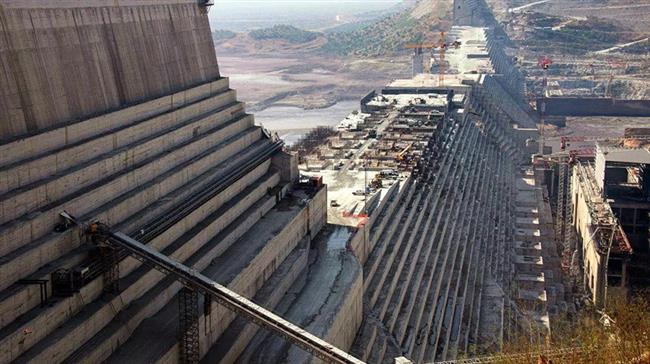


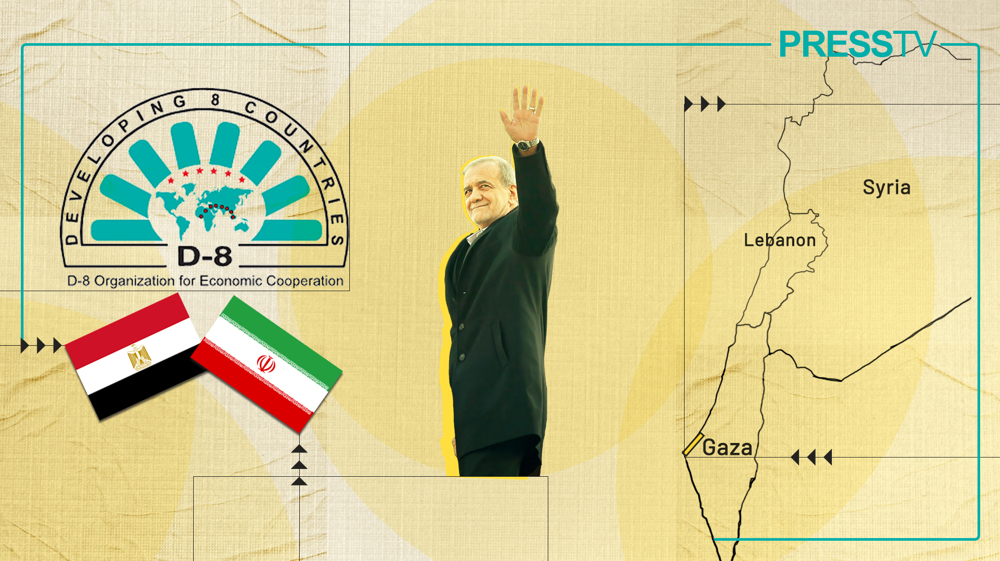
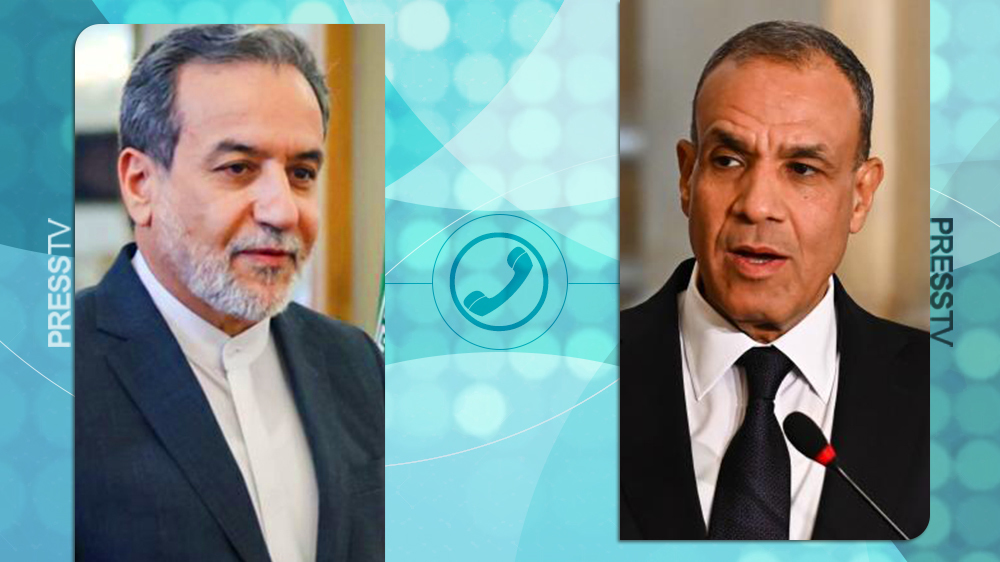



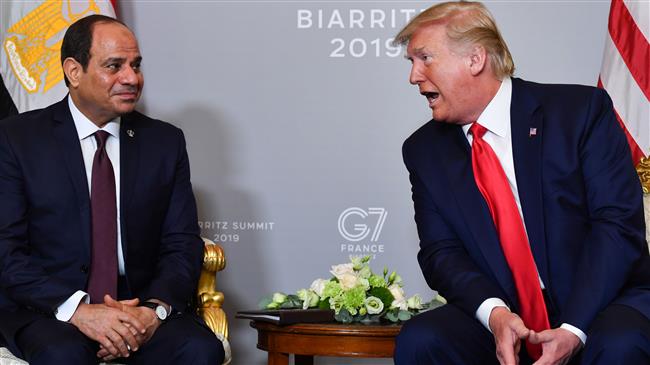
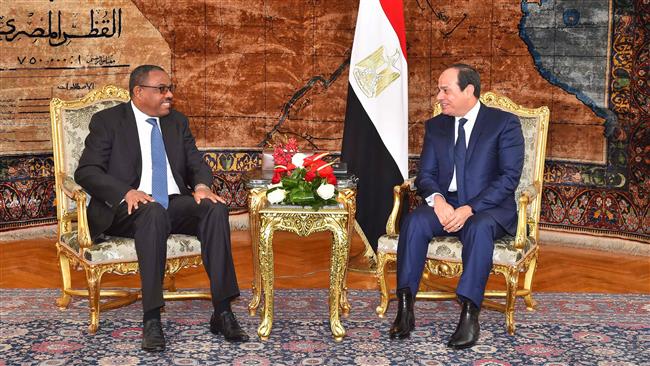

 This makes it easy to access the Press TV website
This makes it easy to access the Press TV website